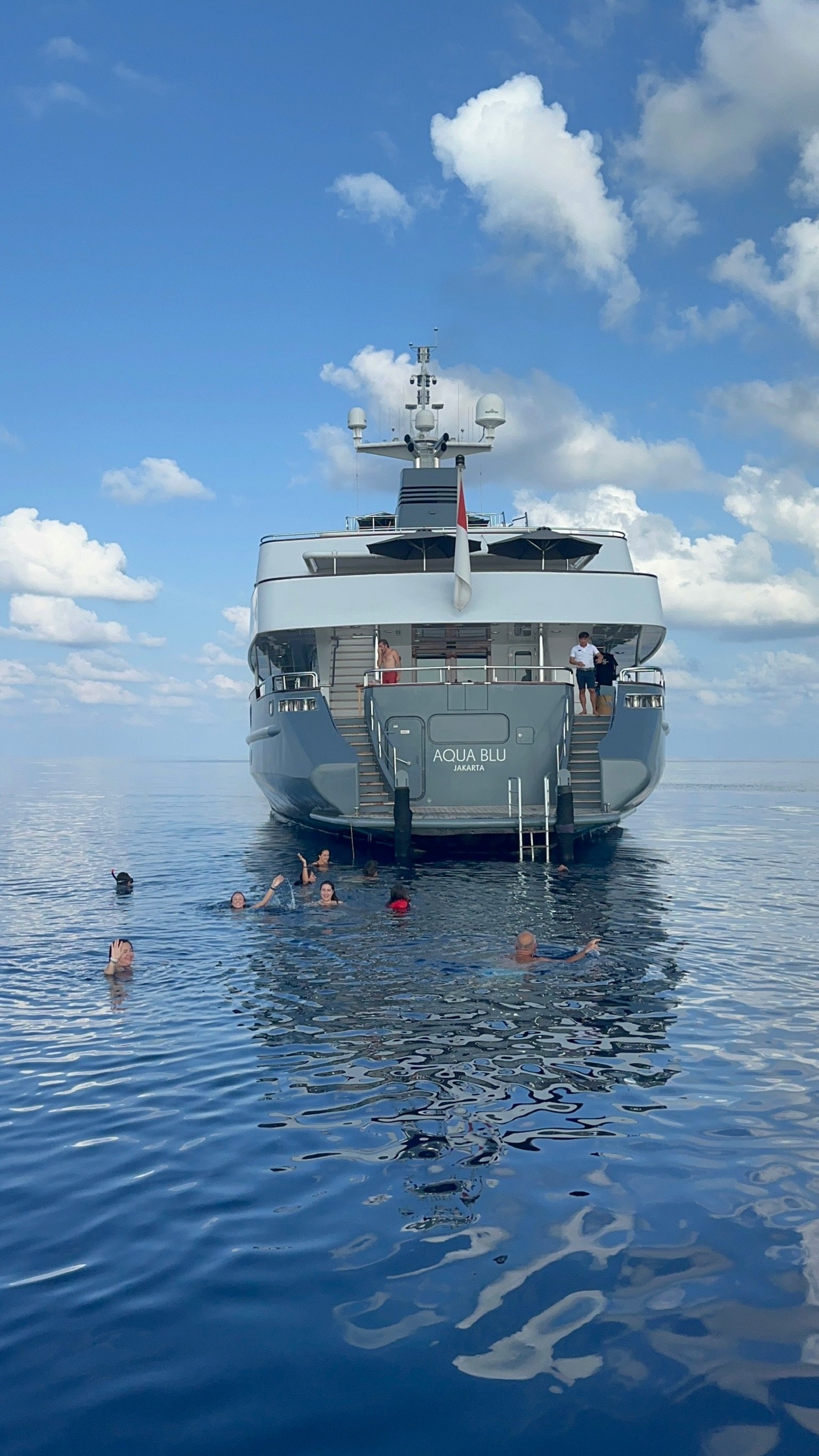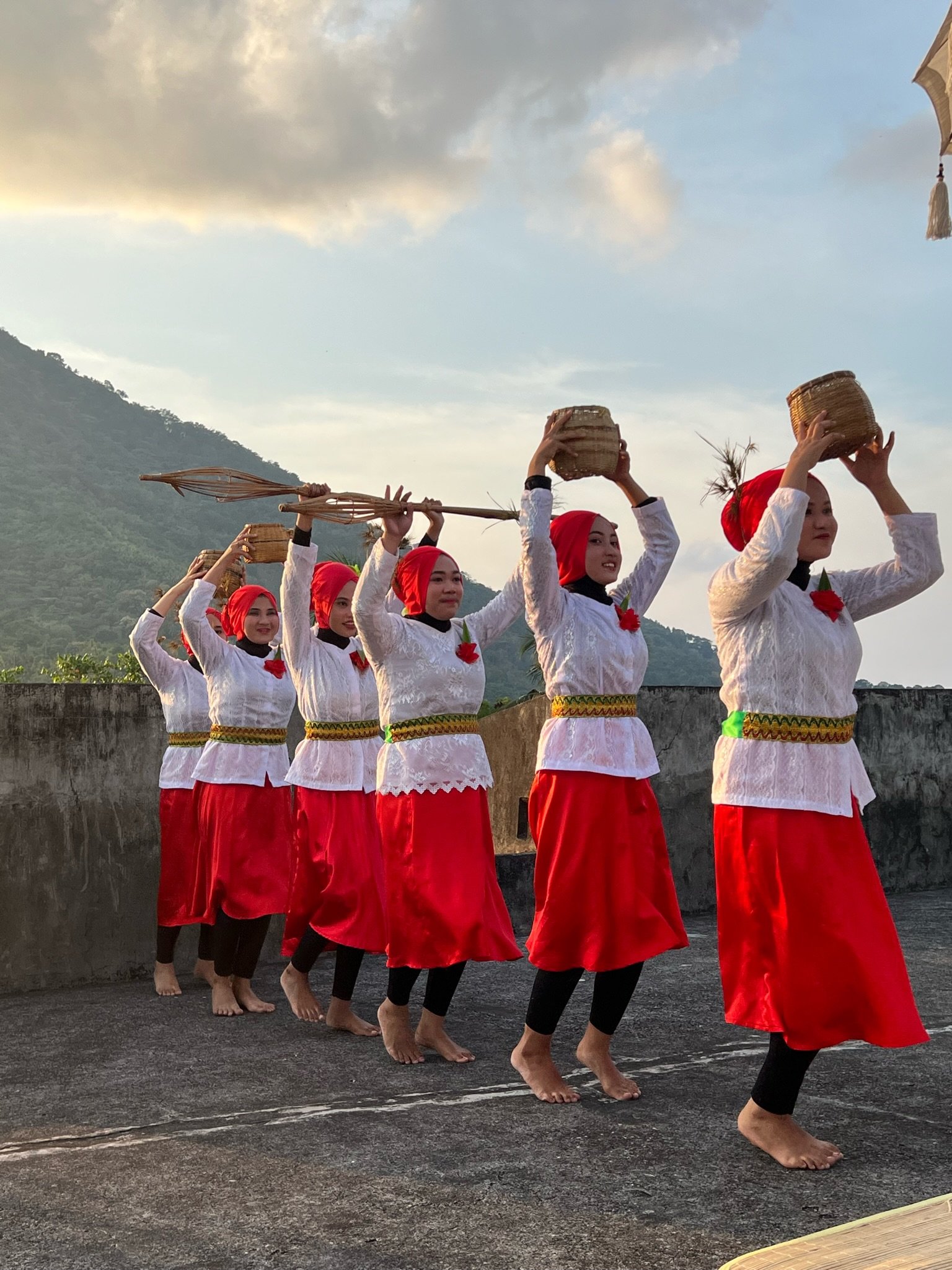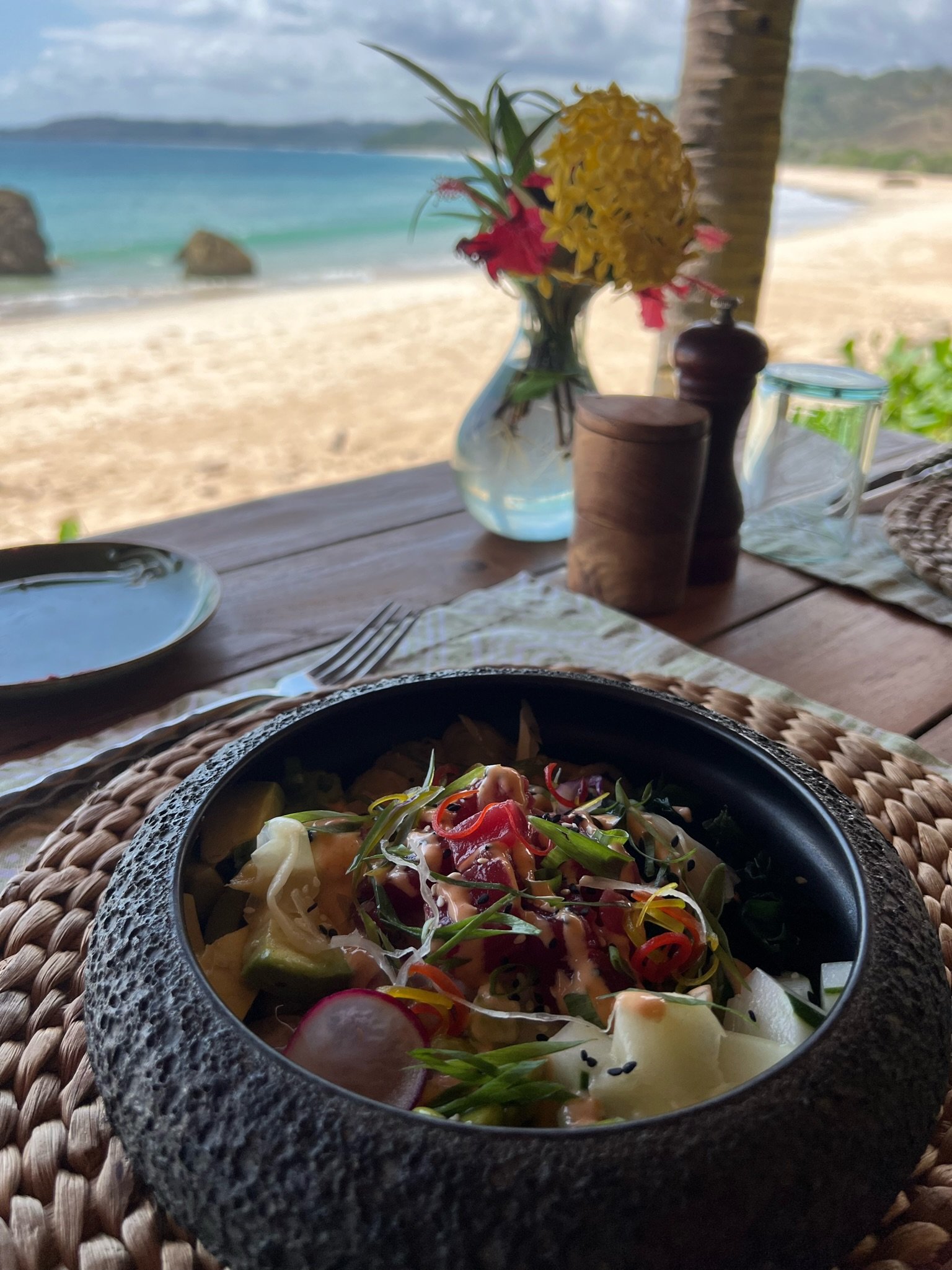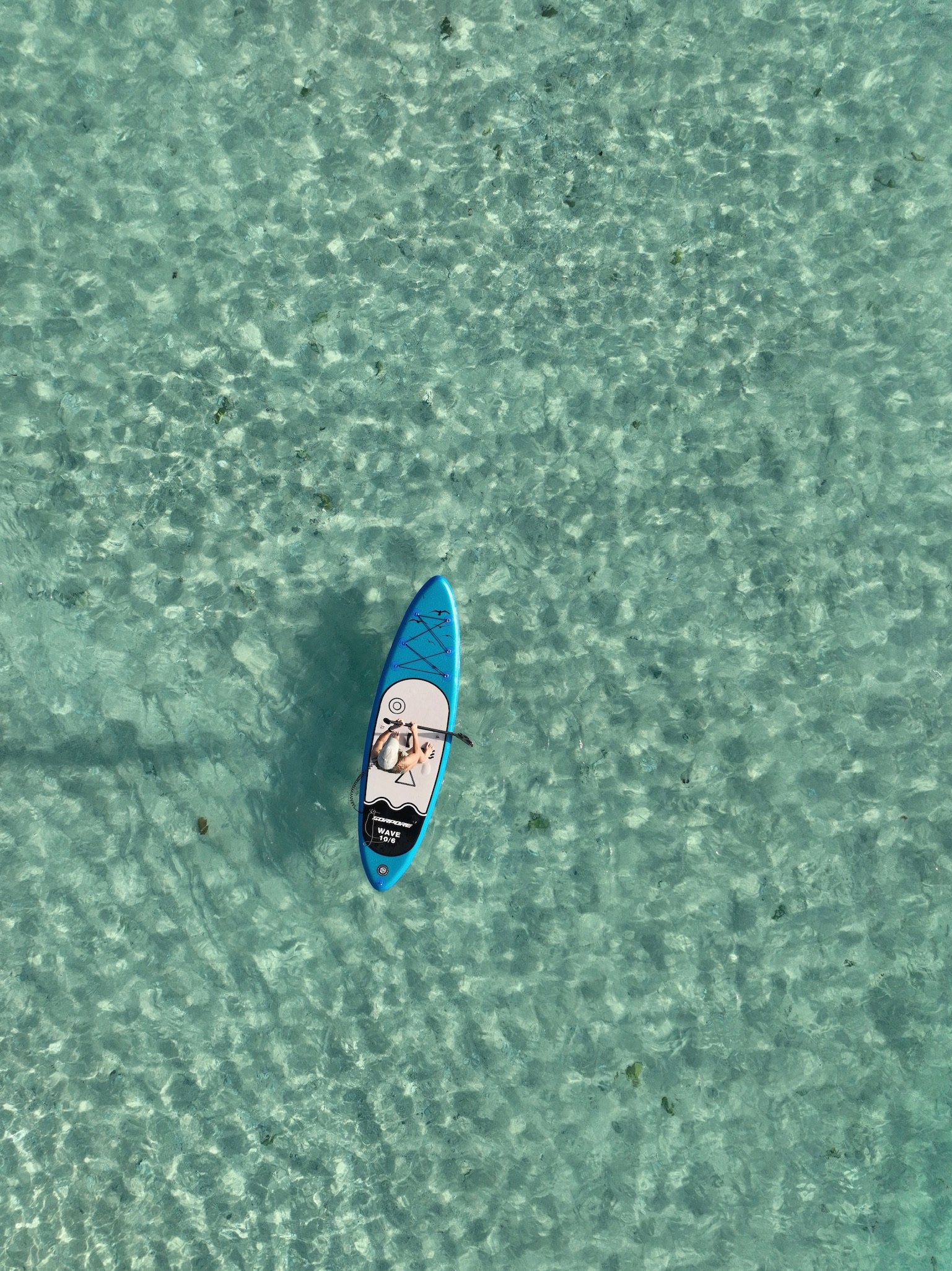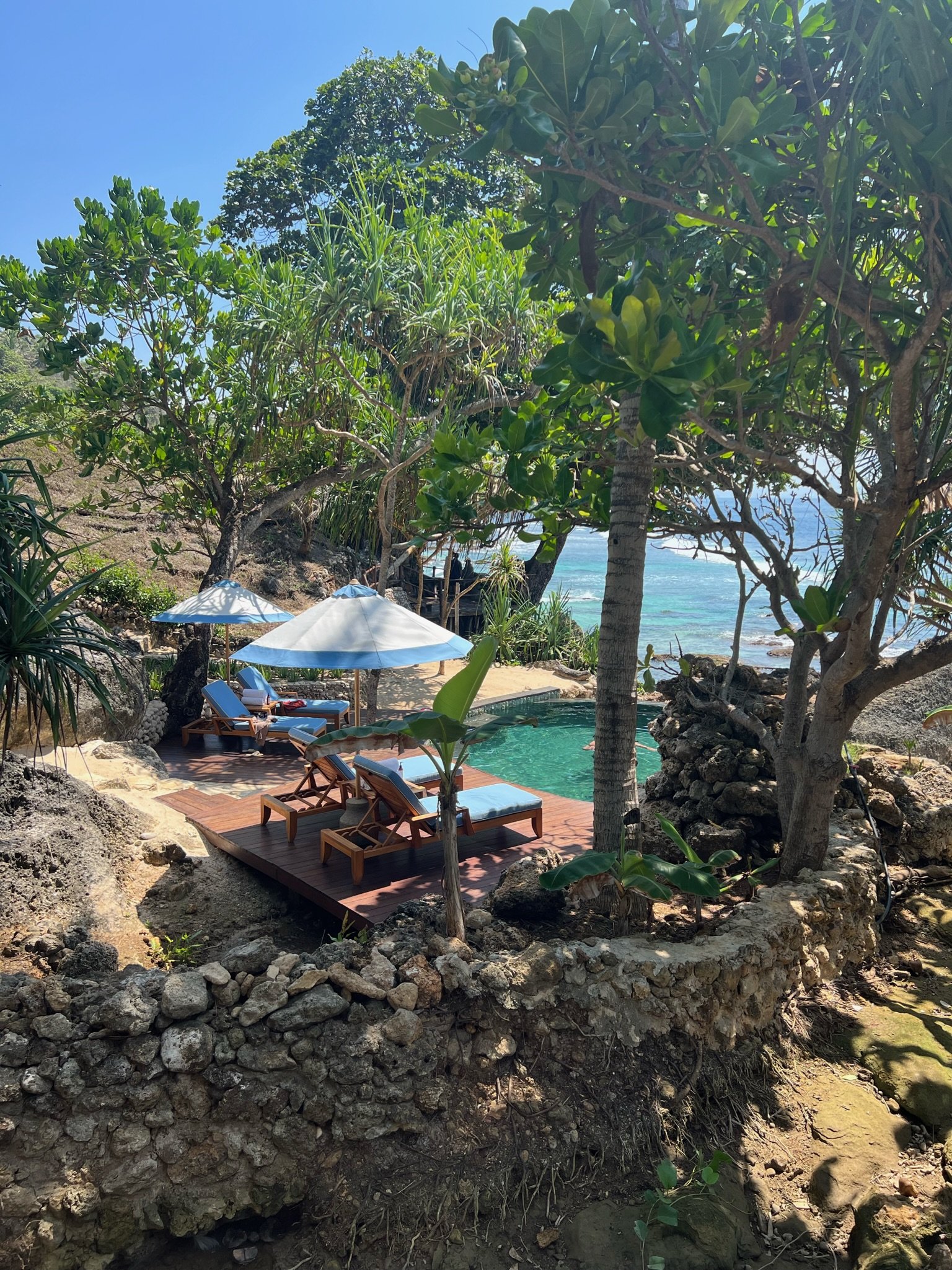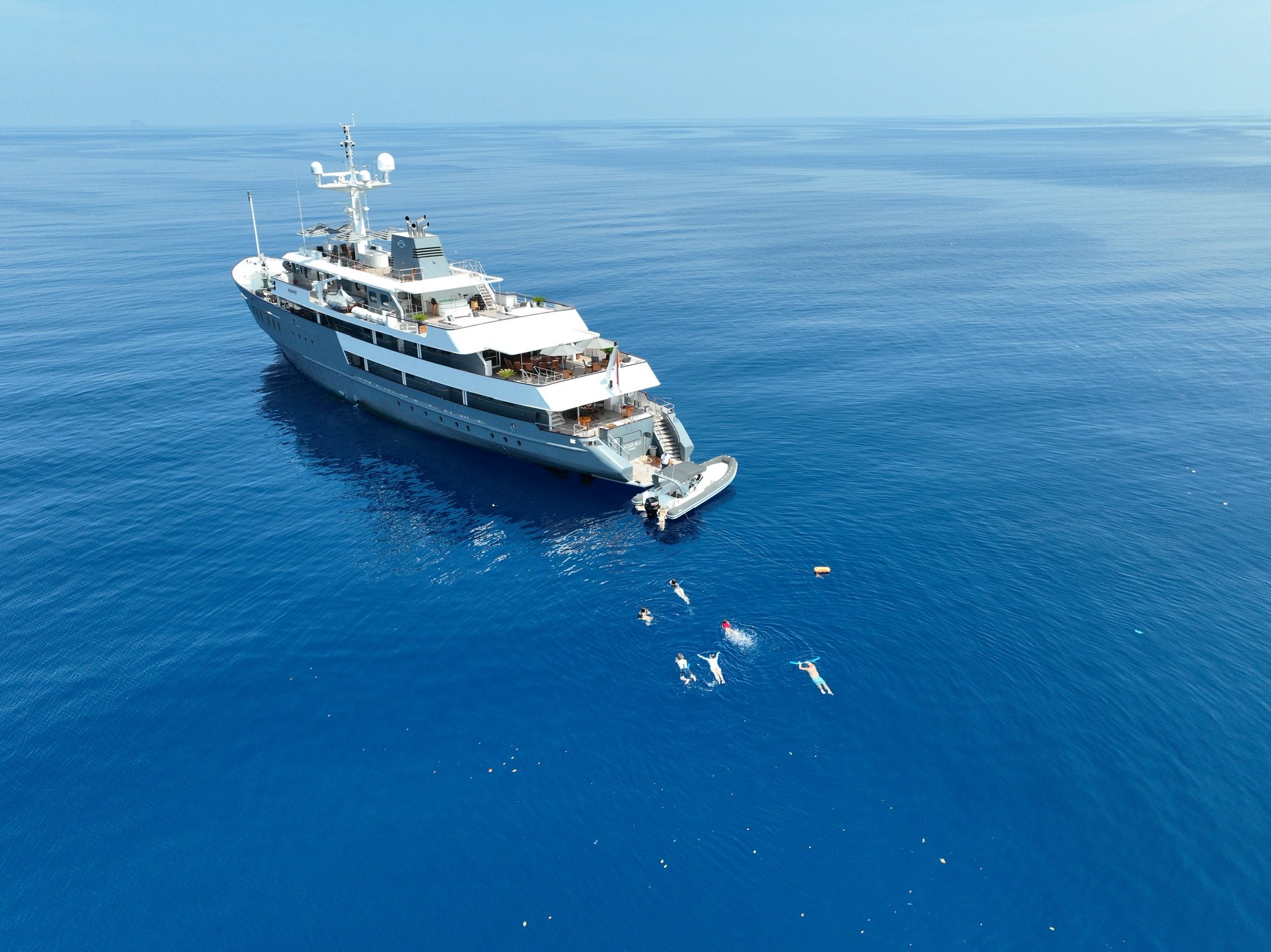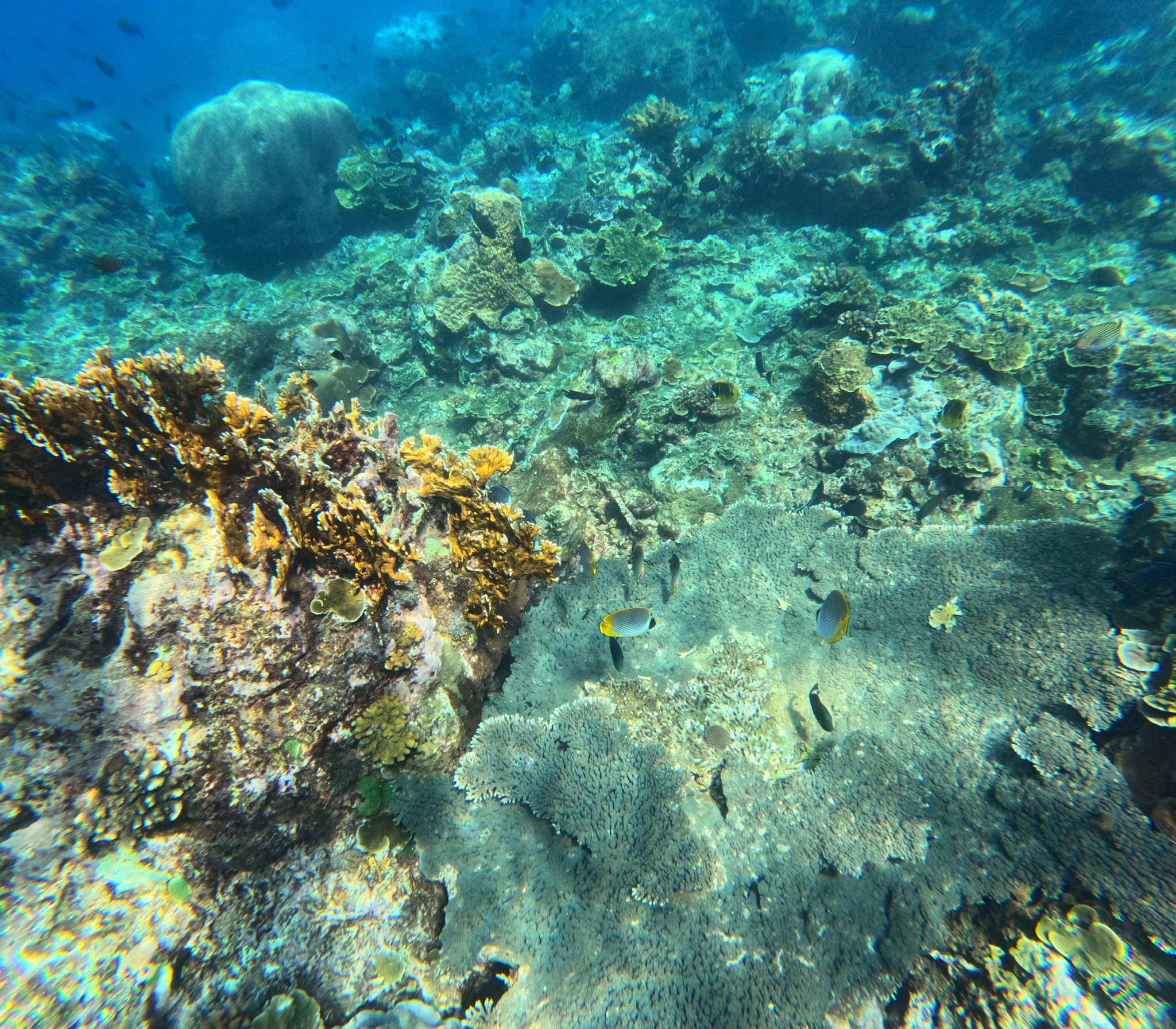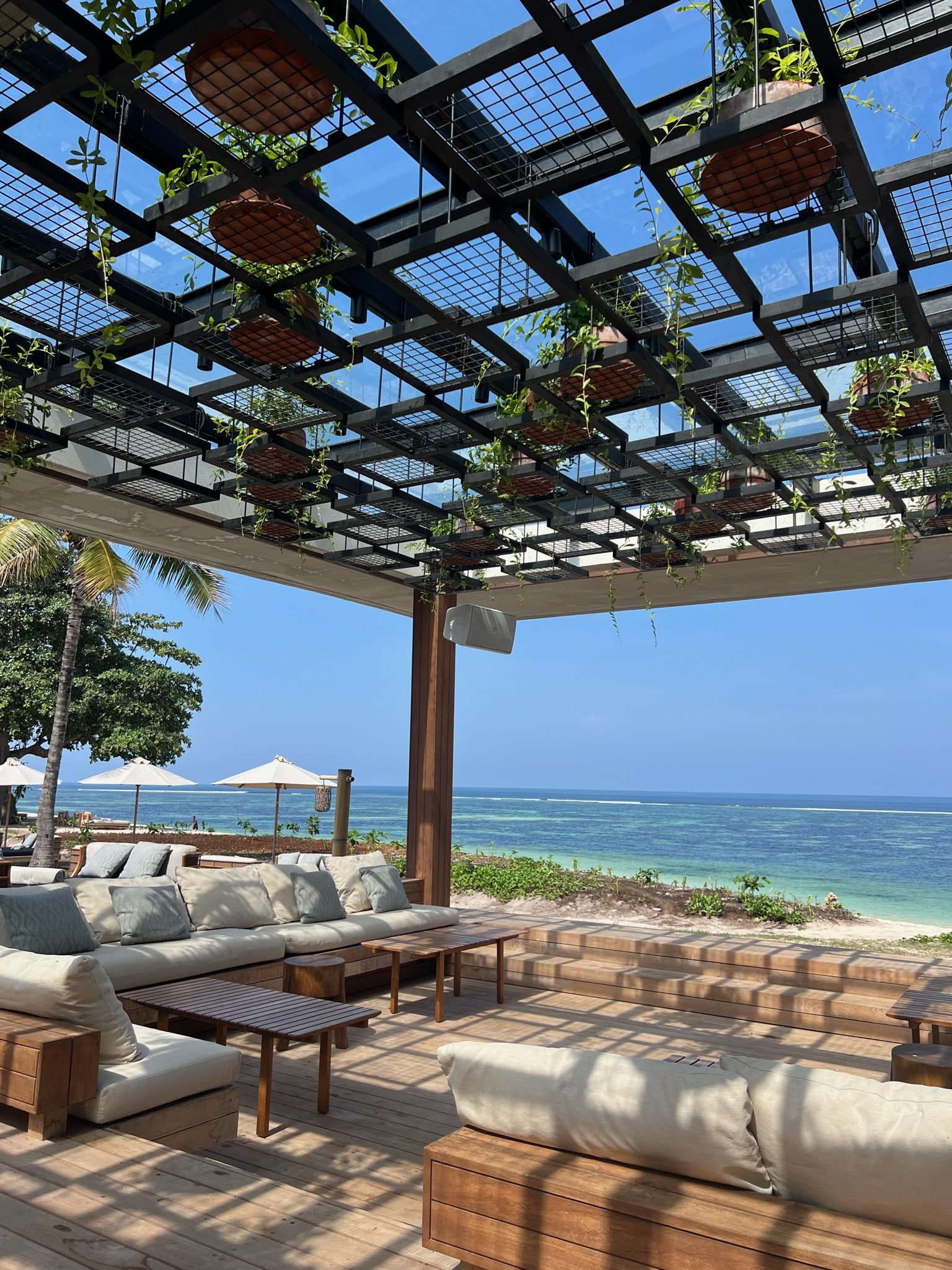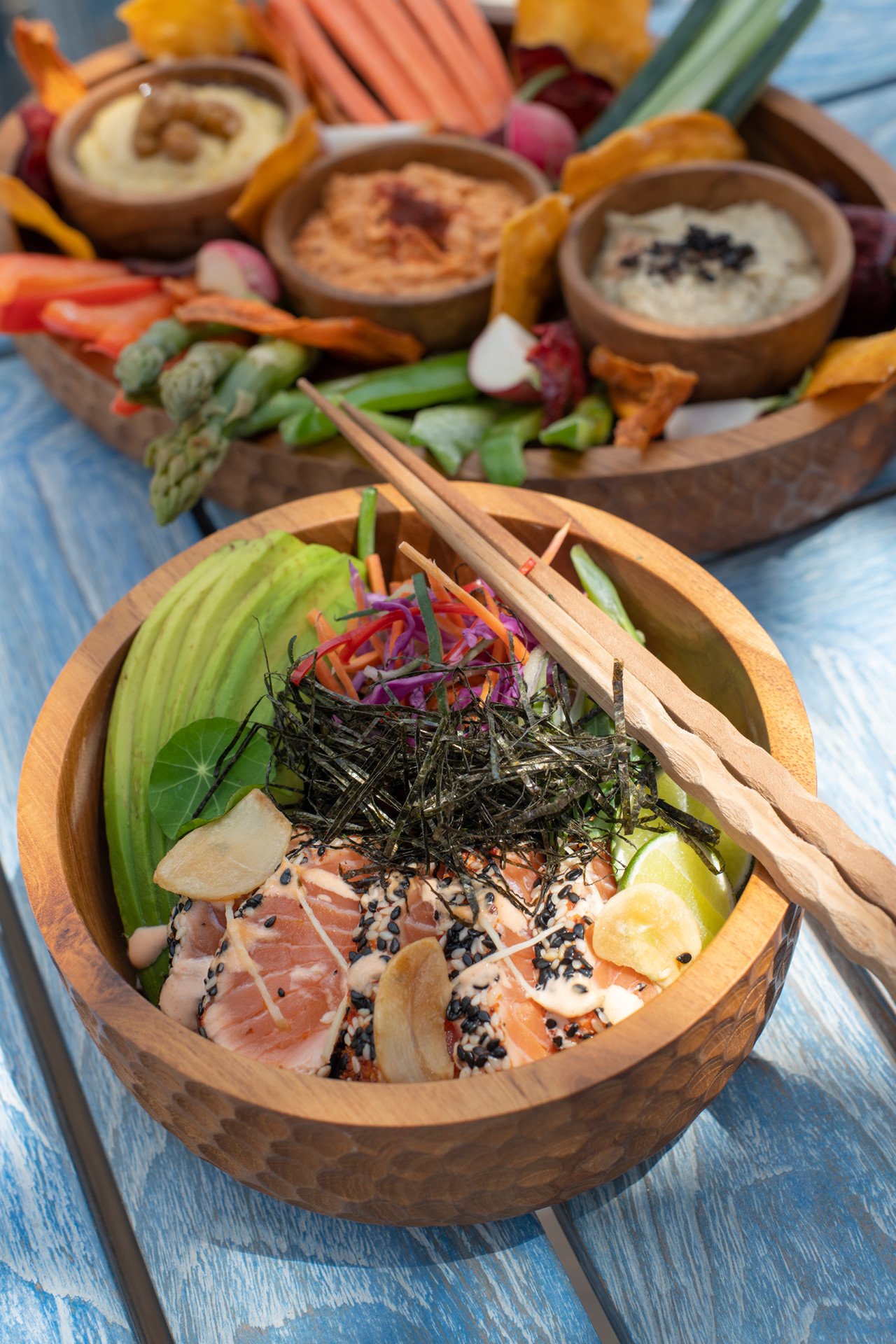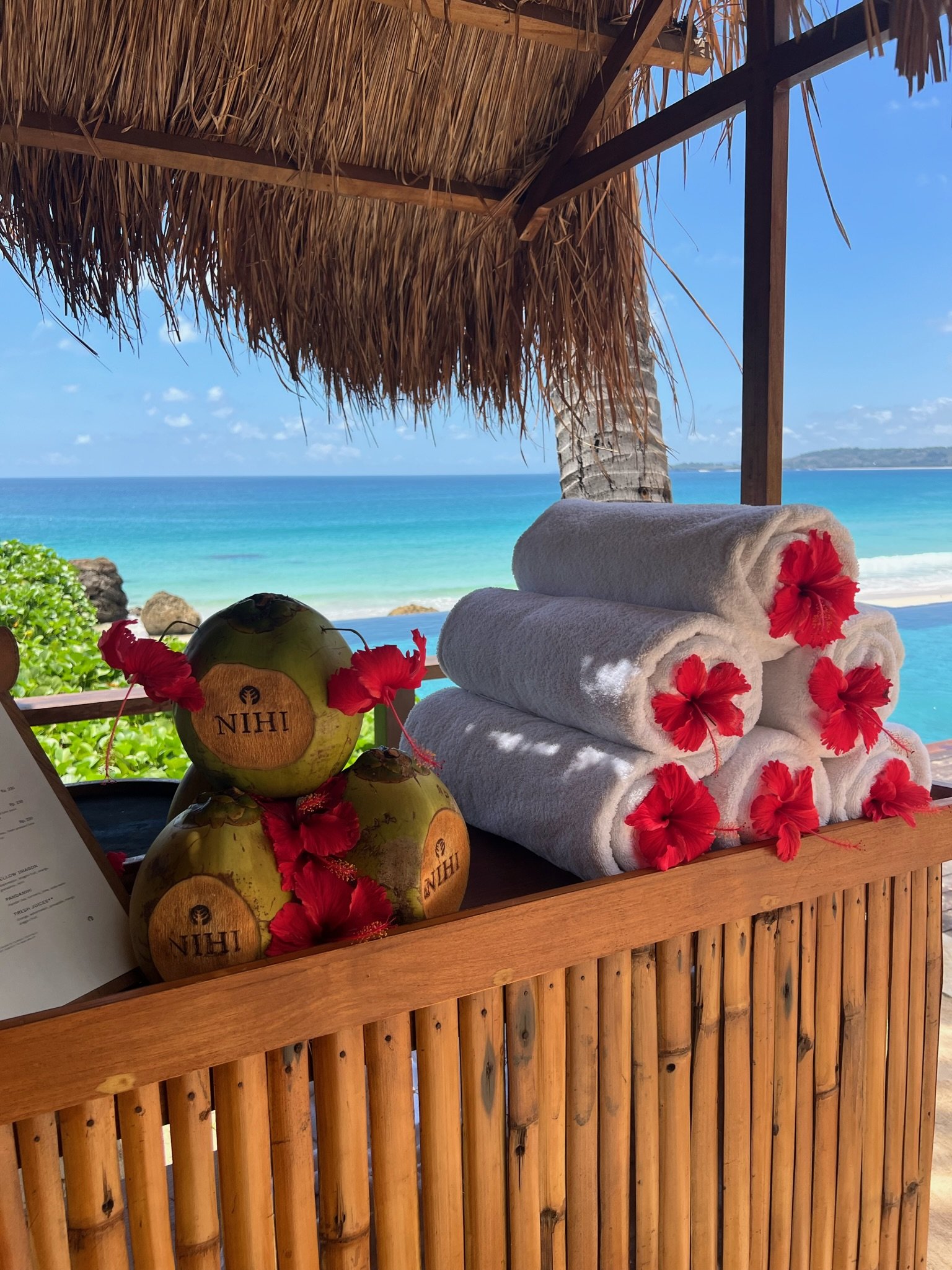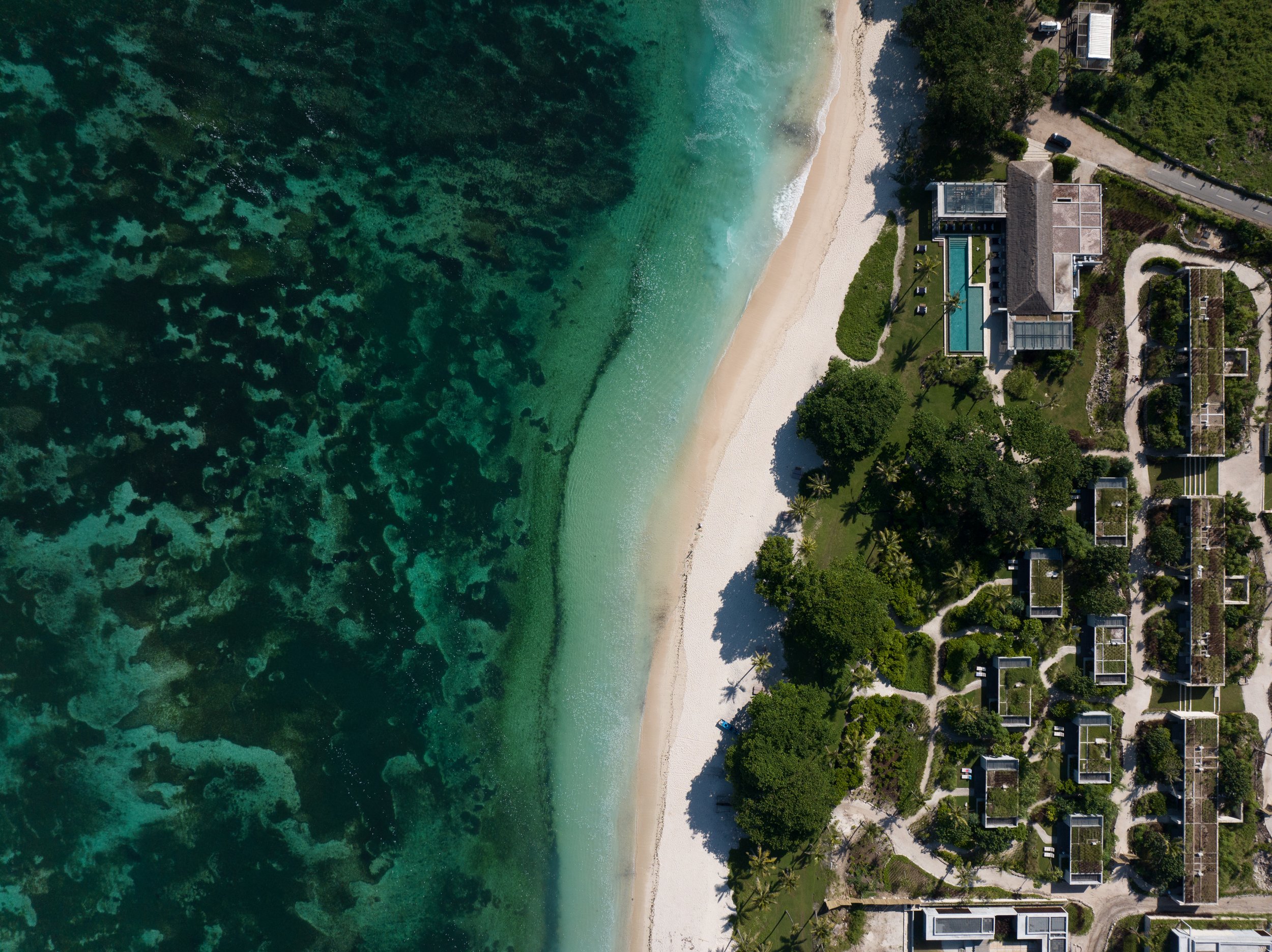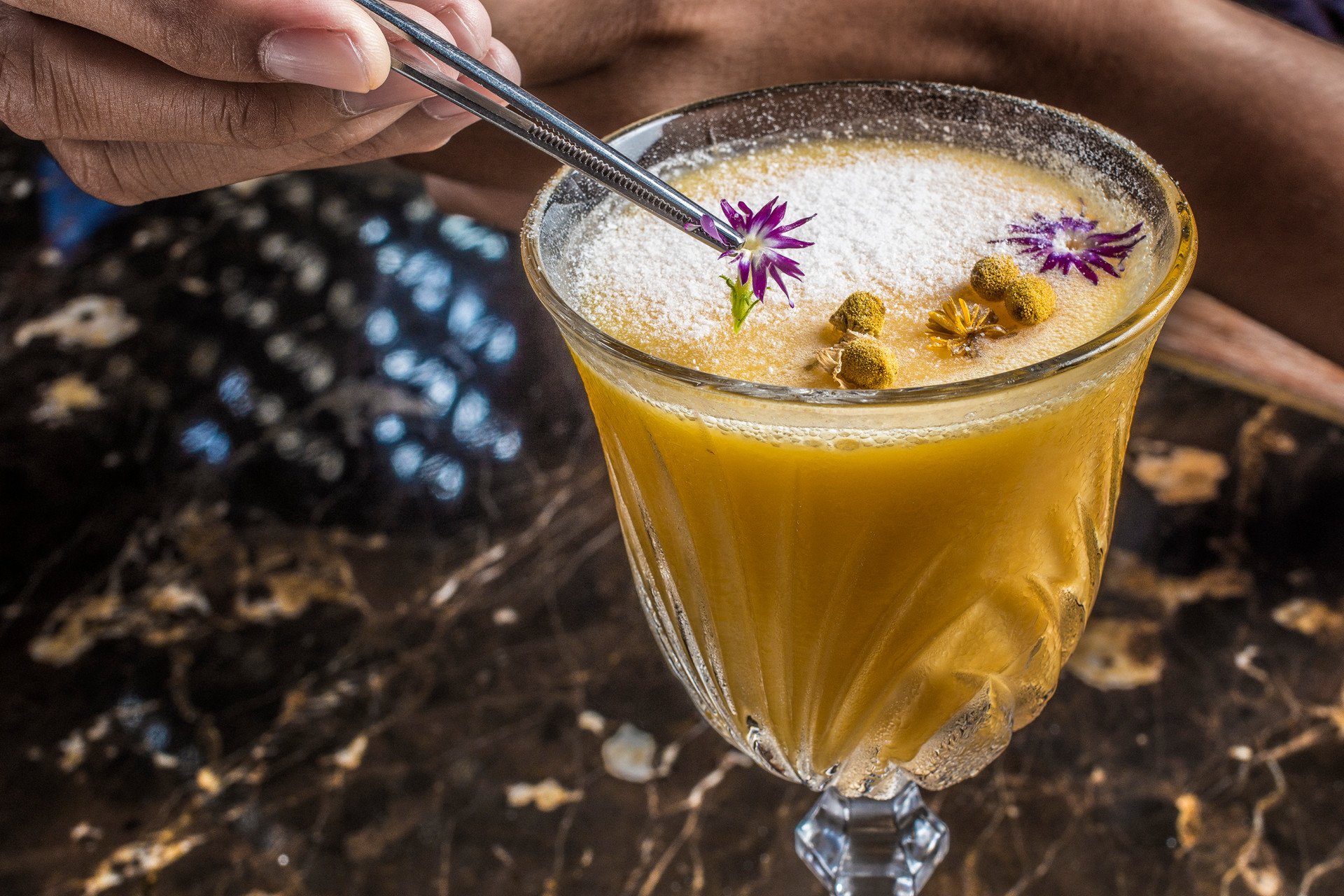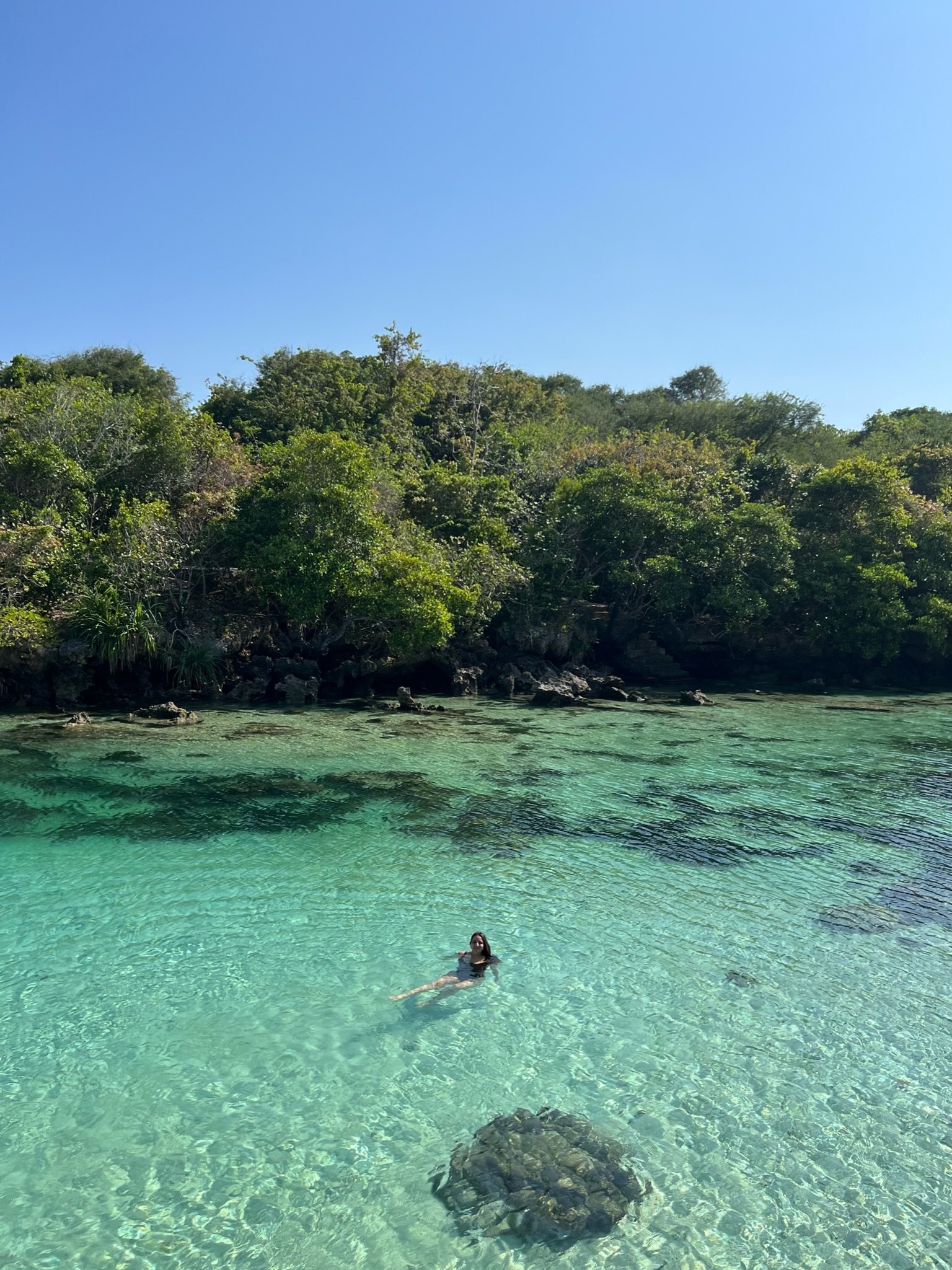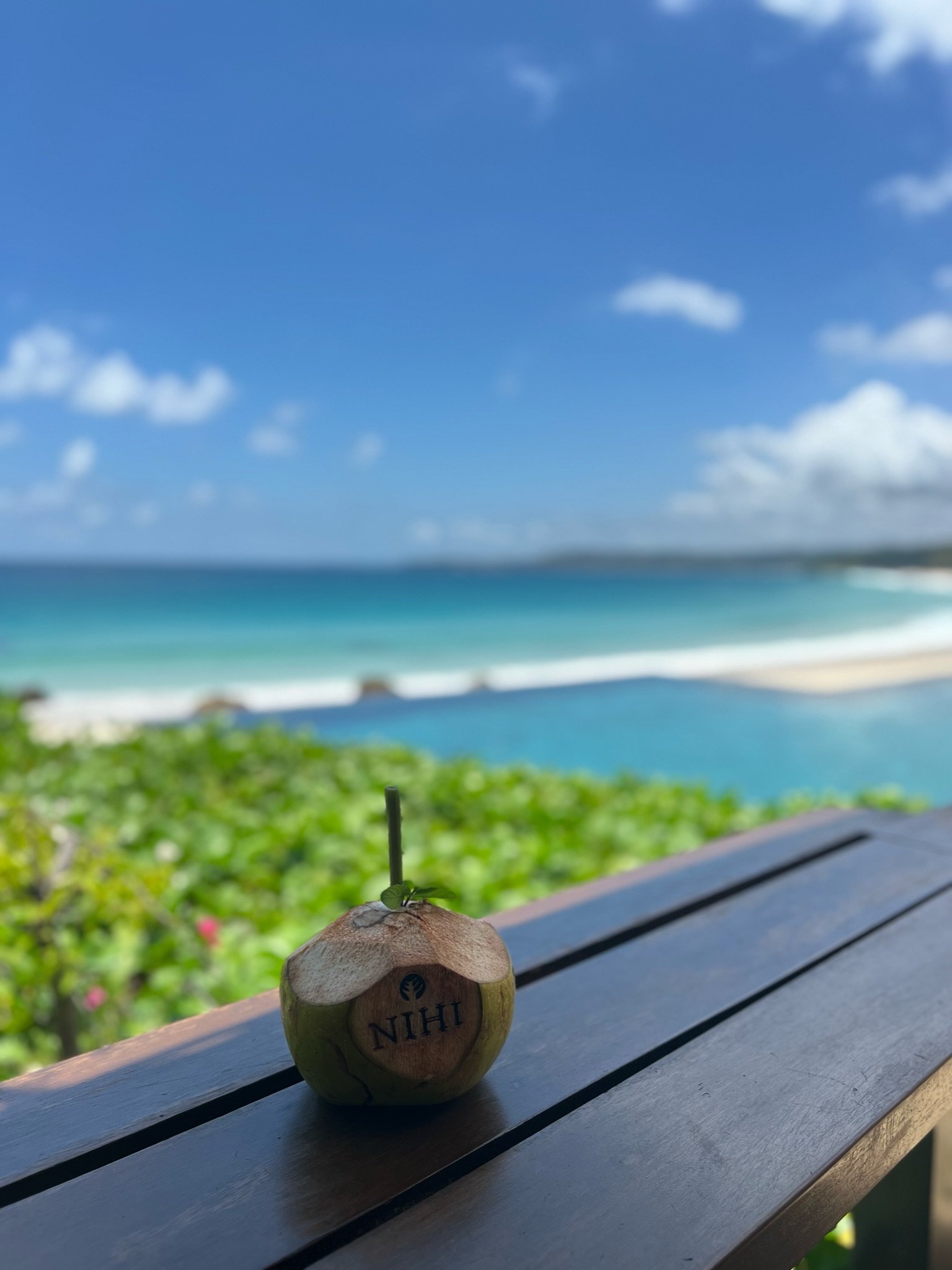Beyond the Beaches of Indonesia, a Journey of Cultural Richness and Understated Luxury
Twenty-three days, seven islands, fifteen hotels… Here’s a deep dive into our transformative trip through Indonesia. We went in imagining a beach paradise, only to discover the cultural tapestry formed by a country with 6,000 inhabited islands, each with its unique languages, religions, and cultures. From Bali’s surf spots and rice fields to Jakarta’s metropolis, Ambon’s historical significance, and Sumba’s Marapu practices and village life, every encounter created a distinctive learning experience. Biggest takeaway: Indonesia is a mosaic of vibrant diversity, almost impossible to encapsulate in a single adjective.
Starting in Bali, the only Hindu island in Indonesia and the most iconic tourist destination, we researched the different areas the island has to offer - from surfing, temple visits, monkey forests, kayaking, cycling, and hiking - we were surprised to find an assortment of experiences one could have on one island, depending on each person’s interest. Luxury accommodations, from Bulgari and Alila Villas with cliffside views of the Indian Ocean, to Capella Ubud’s tented camp, or no door, no window designs in Buahan Banyan Tree, there are a plethora of hotels to suit your preferences.
Next, we flew to Jakarta for an overnight connection to Ambon (domestic flight logistics are not very straightforward) - the largest metropolis in Indonesia and Southeast Asia. For twenty-four hours, we were submerged (literally, stuck in traffic) in one of the most densely populated cities and a place of extreme contrasts. Our night at The Langham was the perfect oasis to mediate between our zen-like Balinese mindset and Jakarta’s craziness. Lavish to say the least, The Langham’s over-the-top hospitality made for a pleasant stay. The following day took us to Ambon - the embarkation city for the Aqua Blu cruise - a week-long experience that was nothing short of transforming.
Aqua Expeditions' 15-suite cruise, Aqua Blu, explores East Indonesia all year long in an original British Naval Explorer HMS Beagle refurbished in 2019 into a luxury expedition yacht. Over the fall season, the 7-night route sails to Ambon & the Spice Islands - providing a mix of cultural exploration and underwater activities. We retraced the Spice Island Trade and colonial history of remote islands that were once the center of Indonesia’s role in global trade. Aboard Aqua Blu, every sunset, every dive, and every interaction with the local culture and wildlife left an indelible mark on everyone onboard.
Highlights of this week included visiting a nutmeg plantation in Palau Ai, where its production still runs the economies of the Maluku islands, enjoying sundowners amidst local dances (exclusive to Aqua Expedition clients) at the Fort Belgica in Banda Neira (largest island and center of Dutch colonization), spontaneously witnessing a traditional canoe race (Kora Kora Festival) earlier that afternoon, snorkeling along sea snakes around the dormant Palau Manuk volcano, and having a beach setup at Palau Run - the island exchanged between the British and Dutch for Manhattan… Every day on Aqua Blu exposed us to unforgettable and humbling moments, from sunrise kayaking to chasing dolphins on the tenders, there was never a dull moment.
Once back on land, Sumba island was our next stop to explore the world's best hotel according to Travel + Leisure, Nihi Sumba, and the recently opened Cap Karoso - already on the Top Ten New Hotel Awards by AHEAD. Far from being a secluded beach destination, our visit to Sumba was also a learning experience. At both hotels, luxury, service, and great food were the standard. A sunset horseback ride at Nihi’s miles of pristine white sand beach was sublime, and visiting Weekuri Lake early morning from Cap Karoso (we were the only tourists at 9 am). In every aspect, Sumbanese heartfelt hospitality was at the forefront, with hotel staff and guides eager to share their local culture, a mix of Catholicism with Marapu, their ancestral religion. Instead of being in an isolated paradise, we were at the crossroads of cultural exchange, hospitality, and environmental consciousness.
The commitment to sustainable travel was echoed throughout Indonesia's hospitality industry, evident in the eco-friendly amenities provided throughout the variety of experiences we had both on and off the land, such as no plastic policies and ceramic bottled amenities. Their forward-thinking efforts in minimizing waste, using locally sourced ingredients, and supporting education, are modern for other destinations looking to preserve their pristine environments.
After three weeks of sightseeing, hotel inspections, and island hopping within Indonesia, it took a lot of post-trip reflection to process the amount of exposure to a richness of local cultures, histories, and environments that we were completely caught off guard. Every time we arrived at a new location, we quickly realized that we were piecing together a puzzle of strong local traditions that have made Indonesia a melting pot - where being Balinese, Sumbanese, or Javanese are the first self-identifying labels. For us, luxury travel in Indonesia became about access and immersion into the country's multifaceted realities beyond conventional definitions
PRO TIPS:
Timing Matters: The best season varies based on interests, from Komodo dragon sightings in summer to world-class snorkeling and diving in winter at Raja Ampat, Aqua Expeditions and private charters operate on a seasonal basis in various parts of East Indonesia. 7-night cruises are the standard except to visit Komodo Islands during summer where 5-night itineraries are possible. Exploring by boat is essential for a comprehensive experience outside of Bali, the real paradise lies in the vastness of Indonesia’s archipelago.
Age Matters: The numerous destinations within the country and each island, result in specific areas that cater more effectively to families, young adults, or couples. Indonesia does not fall short of luxurious accommodations but there is a match-making process for each client’s preferences.
Days: 9-10 days minimum. Only in Bali, there are at least two areas where you can split your stay if you only have 8-10 days. If you are looking to explore another island or by boat, you’ll need 12-14.


